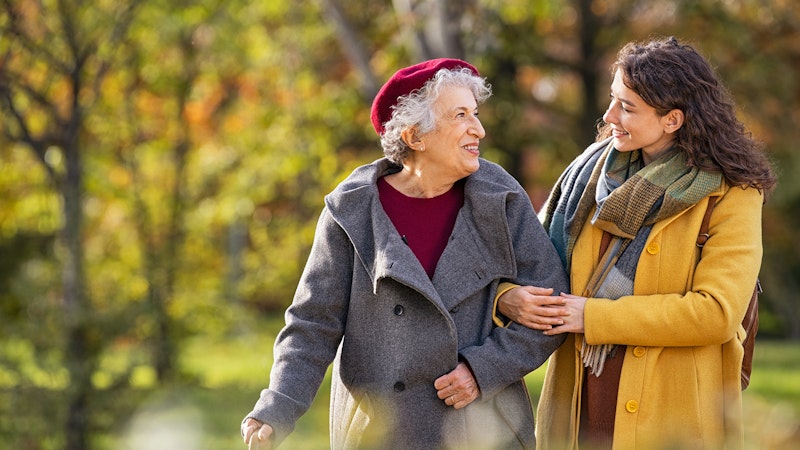
What is end-of-life care?
End-of-life Care or palliative care is support and care for people in the last years, months or weeks of their lives. End-of-life care should help you or your loved one live as well as possible and die supported and with dignity.
Whoever you choose to provide your care should ask you about your preferences and wishes, taking them into account as you discuss your care plan. End-of-life carers should also support carers, family or other people who are important to you.
End-of-life care can happen at home, in a hospice, at the hospital or in a care home - you have the right to decide where your care should take place.
Who provides end-of-life care?
Depending on your needs and requirements, various health and social care professionals may support you with your end-of-life care. For example, your GP, hospital nurses and doctors, hospice staff, community nurses, and counsellors may be involved — chaplains (and other faith support), social care staff, physiotherapists, and complementary therapists.
If you are being cared for in a care home or at home, your GP has overall responsibility for you. Friends and family may be closely involved in your care, and community nurses may visit you at home.
What is a Hospice? What is Hospice at Home Care?
Hospice care is supplied by charities supporting people with advanced illnesses such as cancer with end-of-life care.
How do I find out about end-of-life care?
Your first step is to talk to your GP or a health professional. They will be about to direct you to local services and further support.